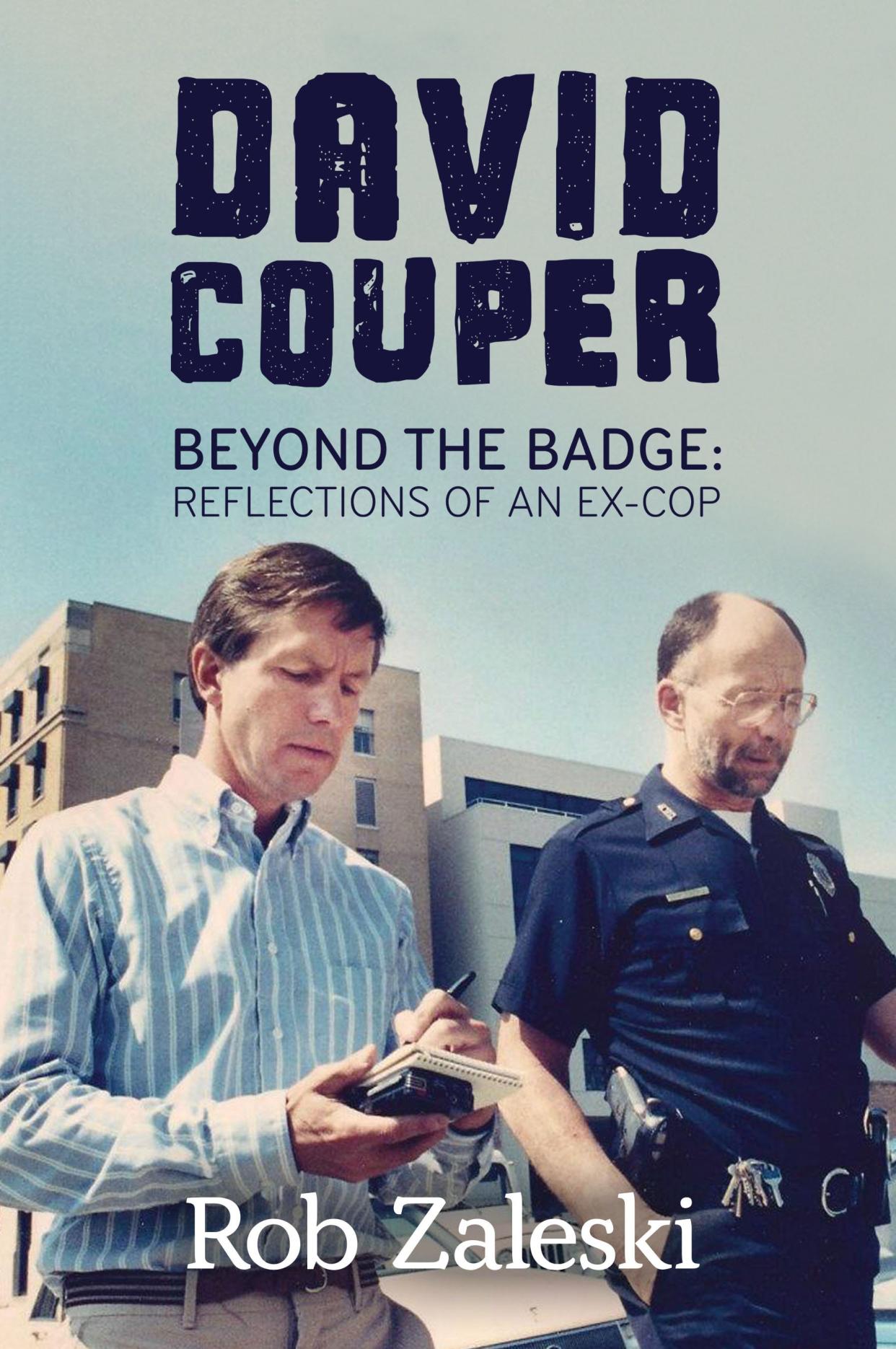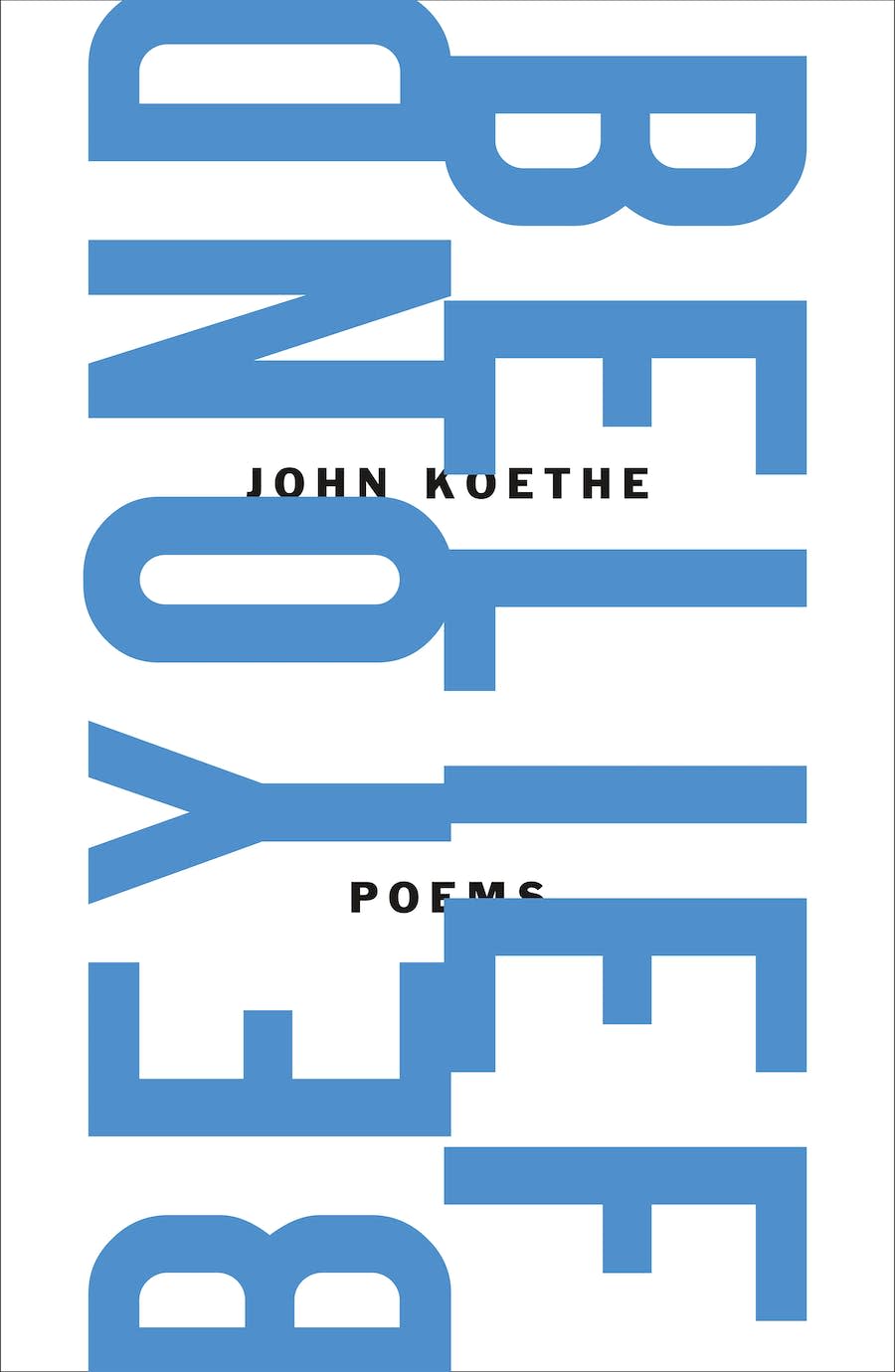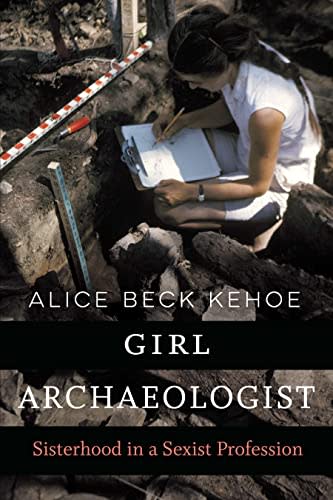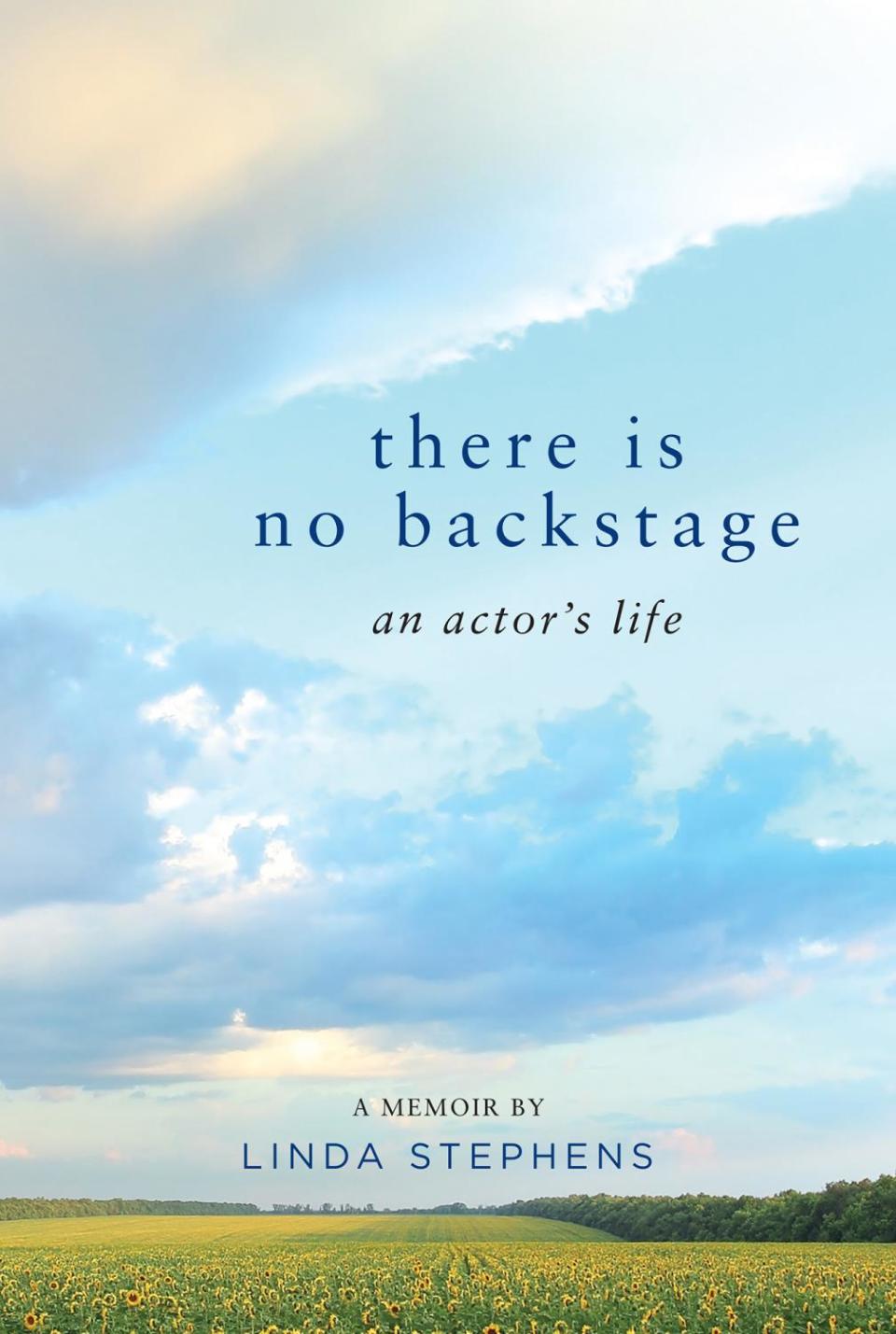Memoir of Madison police chief turned priest, other new books share wisdom of Wisconsin elders

New books by and about Wisconsin elders share wisdom, pugnacity and life experience in distinctly personal combinations.
"David Couper Beyond the Badge: Reflections of an Ex-Cop"
by Rob Zaleski. Little Creek Press.
Marine veteran David Couper spent two stormy decades (1972-'93) as Madison's chief of police, hiring Black and female officers and promoting community policing practices while frequently battling union leadership and the old guard. Then he stunned the community by announcing his departure to become an Episcopal priest. Now in his 80s, he continues to serve at St. Peter's Episcopal Church in North Lake, and to write and speak out on policing and other issues.
He's an unusual man; Zaleski, a longtime columnist and reporter at The Capital Times in Madison, has written an unusual book about him. It's a kind of spiritual memoir structured in Q&A format; sometimes, the conversation between subject and interviewer turns into true dialogue between the two men. Zaleski, who previously helped Couper edit a book of his own, clearly admires him, though the former chief's mistakes and wrong decisions are frankly discussed.
Here's a sample of their conversation. In a concluding session, Zaleski asked the octogenarian about the biggest surprises he encountered in life. Couper replied: "I think the major surprise — and I know this sounds crazy, but keep in mind that I'm a male who grew up in the 1950s — was the realization that women are equal to men. And not only are they equal, but in many respects they're better than men."
"Beyond Belief: Poems"
by John Koethe. Farrar, Straus and Giroux.
It would not be completely fair to assert that former Milwaukee poet laureate John Koethe's new collection is a bunch of poems about an old man thinking. But let the fellow, who's 76, speak for himself, as he does in "The Wonder of Having Lived Here a Long Time":

"I’ve no idea what other people feel / As they get old, but I feel nothing but amazement, not at what I am, / Which is commonplace and ordinary, but that I am and have a life at all."
In "Murray Gell-Mann," reading the Nobel Prize-winning physicist's obituary sends the poet back in time; as a starstruck teenager, Koethe had breakfast with Gell-Mann at a math contest in 1963. "He saw the patterns in the chaos of cascading particles / Floating in from nowhere like the quarks in Finnegans Wake," Koethe writes (yes, Gell-Mann named a class of subatomic particle "quarks" after a nonce word in James Joyce's "Wake.") Instead of becoming a physicist, Koethe went over to the dark side of philosophy and poetry. But like Gell-Mann's ilk, the poet keeps poking away at the nature of reality, trying to get a level deeper: "Some things are hidden from us, not because we don’t know what they are, / But because they’re inconceivable until they happen, like the future."
Koethe will launch his book with an in-person event at 6:30 p.m. Sept. 13 at Milwaukee's Boswell Books, 2559 N. Downer Ave. Admission is free, but registration is required. Visit johnkoethemke.eventbrite.com.
RELATED: In 'The Swimmer,' John Koethe navigates riptides of time, memory
"Girl Archaeologist: Sisterhood in a Sexist Profession"
by Alice Beck Kehoe. University of Nebraska Press.
Anthropologist and archaeologist Alice Beck Kehoe was a graduate student and mom at Radcliffe/Harvard the same time that a fellow mom, Ruth Bader Ginsburg, was a Harvard law student. Like RBG, Kehoe had to assert her path in a male-dominated profession. Heck, she had to battle her own father just to go to college, finally receiving grudging permission if she paid for it herself.

Her crisply written memoir recounts the career that brought her to Marquette University as an associate professor and then professor of anthropology from 1968-'99. Her research and fieldwork has focused on Native American peoples in the upper plains, including the Ghost Dance religion and the Moose Mountain Medicine Wheel in Saskatchewan.
Kehoe doesn't hesitate to think critically about her field, and the institutions that have employed her. "Patriarchy is still powerful, but laws curb its practices," she writes. "I found a sisterhood of feminists, strong bright women archaeologists, anthropologists, and ethnohistorians. We in my generation walked through many a dark and stony tunnel. We've come into a very different world."
"There Is No Backstage: An Actor's Life"
by Linda Stephens. BookBaby.
Stephens has acted on Broadway, on TV, at Chicago's Steppenwolf Theatre, and on many Milwaukee stages. As a narrator, she's recorded dozens of audiobooks, including the unabridged "Gone With the Wind." How did Stephens, who came into theater as a singer first, know when she really became an actor? "What I say now is that you know you've become an actor when your need to express the work has become more important than your need to express yourself," she writes.

There are brushes with greatness here: a starstruck lunch with William Holden; Stephen Sondheim coaching her on singing three notes in one of his songs; Arthur Miller grabbing her arm and telling her, "Ya did good, kid." Her understudy for one role at the Steppenwolf was Jane Lynch (yes, that Jane Lynch). The title of her book comes from something David Hyde Pierce told Stephens when she performed on an episode of "Frasier." Stephens also writes affectionately about her college sweetheart and first husband, actor and playwright Larry Shue, who wrote "The Nerd" and "The Foreigner."
As Stephens describes her life in theater, which involved multiple moves to different cities, some of which she now regrets, it sounds as much like a calling as it does a craft. As successful as she has been, there were times when only her audiobook work kept her afloat, for which she is grateful. Candid about her own mistakes, she is also blunt and eloquent about what happens to women in theater as they age: "All actresses somewhere between their mid-40s and early 50s are thrown into competition with actresses in their 60s and 70s.That's not an exaggeration. We're lumped into one group —– The Older Actress."
Stephens will talk about her book with Mike Fischer at 6:30 p.m. Oct. 10 at Boswell Books. Admission is free but registration is required. Visit lindastephensmke.eventbrite.com/.
Contact Jim Higgins at jim.higgins@jrn.com. Follow him on Twitter at @jhiggy.
MORE: 21 recommended books by Wisconsin writers from the 21st century
Sign up for our Dish newsletter to get food and dining news delivered to your inbox.
This article originally appeared on Milwaukee Journal Sentinel: Madison police-chief-turned-priest's memoir, other books share wisdom

